
Marie Smith (Lab Director)
Role in MERLiN: Oversee running of MERLiN labs and have post-docs, PhD and MSc students and RAs working in the labs at varying times. Contact me if you have any issues: marie.smith at bbk.ac.uk
My research investigates how children and adults achieve their remarkable abilities in processing a variety of information from faces (identify, facial expression, traits and much more) and why this is easier for some individuals than for others. Other areas of research currently involve exploring the ongoing development of pro-social behaviour in adolescence and the potential mediating role of social media. Finally with colleagues at UEA we are exploring how infants develop category knowledge and the role which language plays in this process.
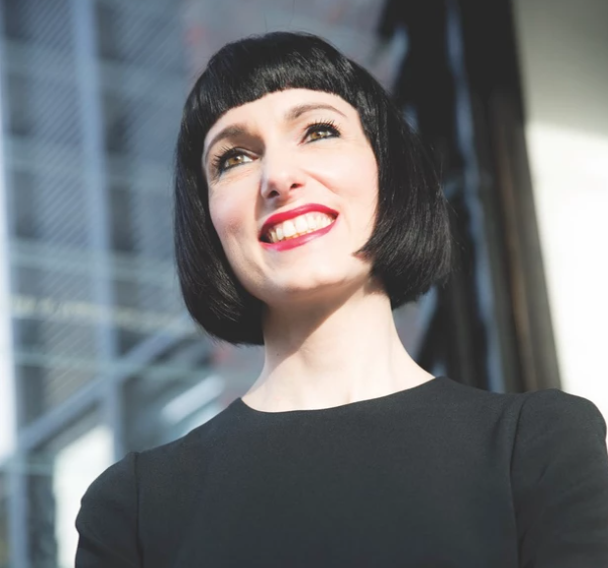
Elisa Raffaella Ferre
Reader in Cognitive Neuroscience.
Research: The main focus of my research is to empirically identify the contribution of the vestibular system to human cognition. I combine experimental psychology, cognitive neuroscience, neuroimaging, vestibular physiology and space science methods to understand how vestibular signals shapes behaviour on Earth and beyond.
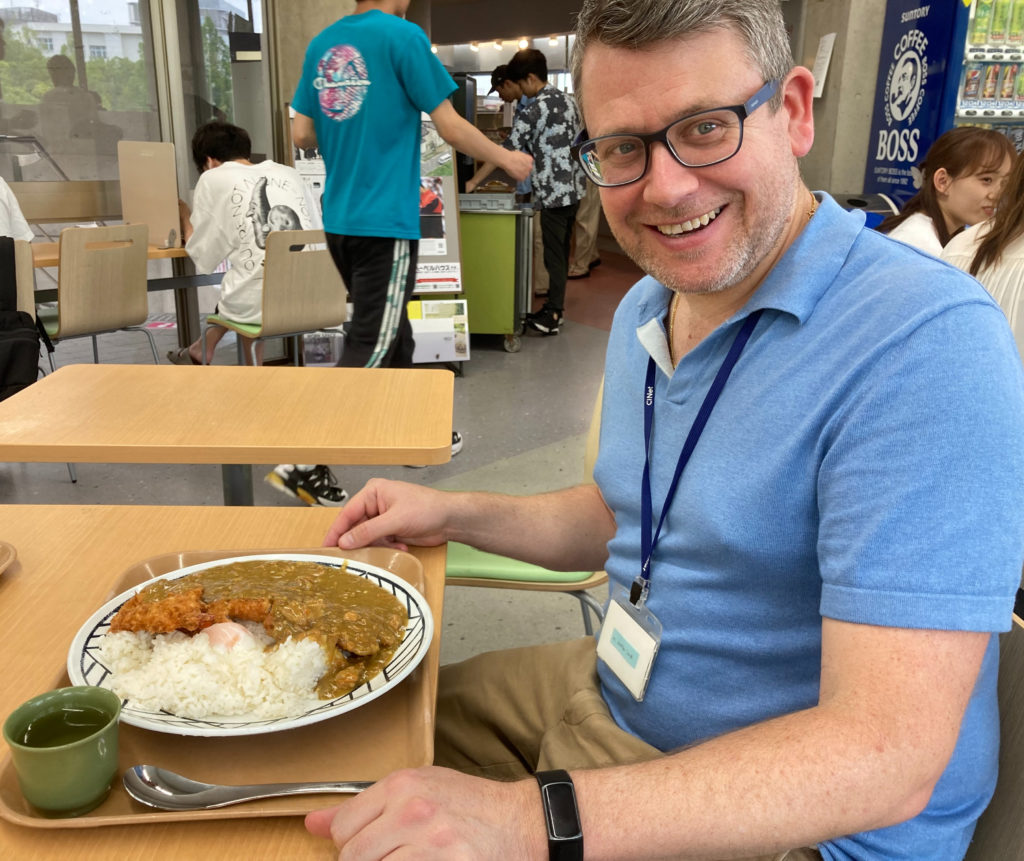
Matthew Longo
Professor of Cognitive Neuroscience.
My research investigates the psychological and neural mechanisms by which we form representations of our body, and how these representations affect all aspects of our mental lives.
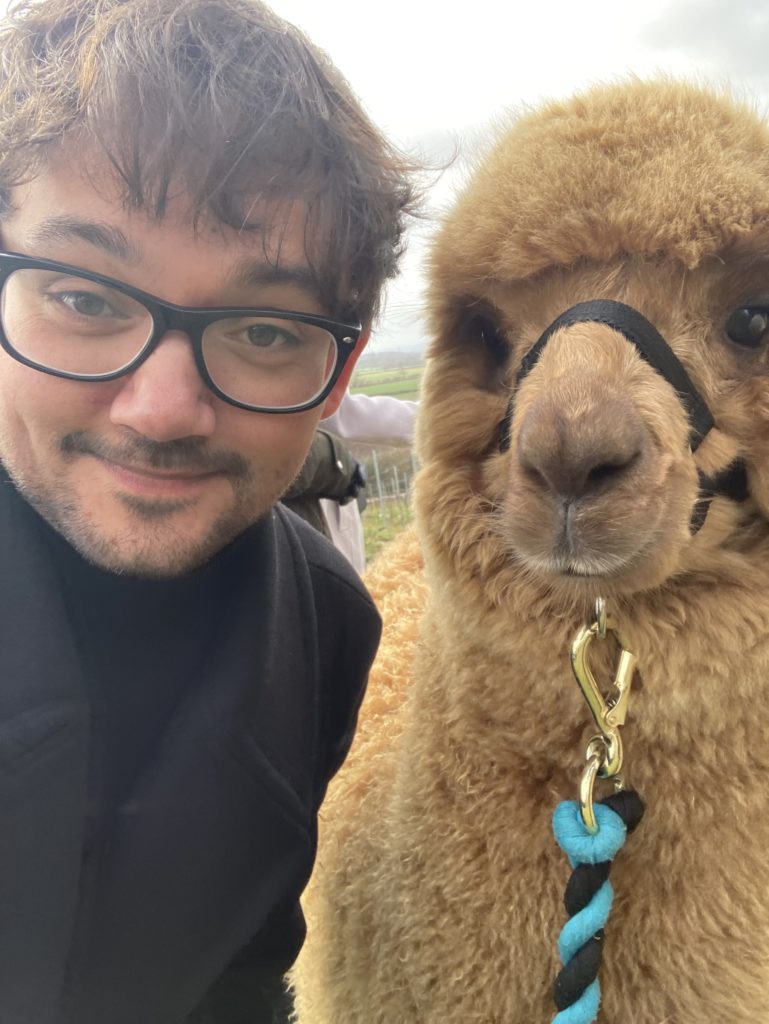
Daniel Yon
Lecturer in Psychology Research
My lab studies how our brain builds models of ourselves and the world arounds us – and how these models guide perception, action and belief.
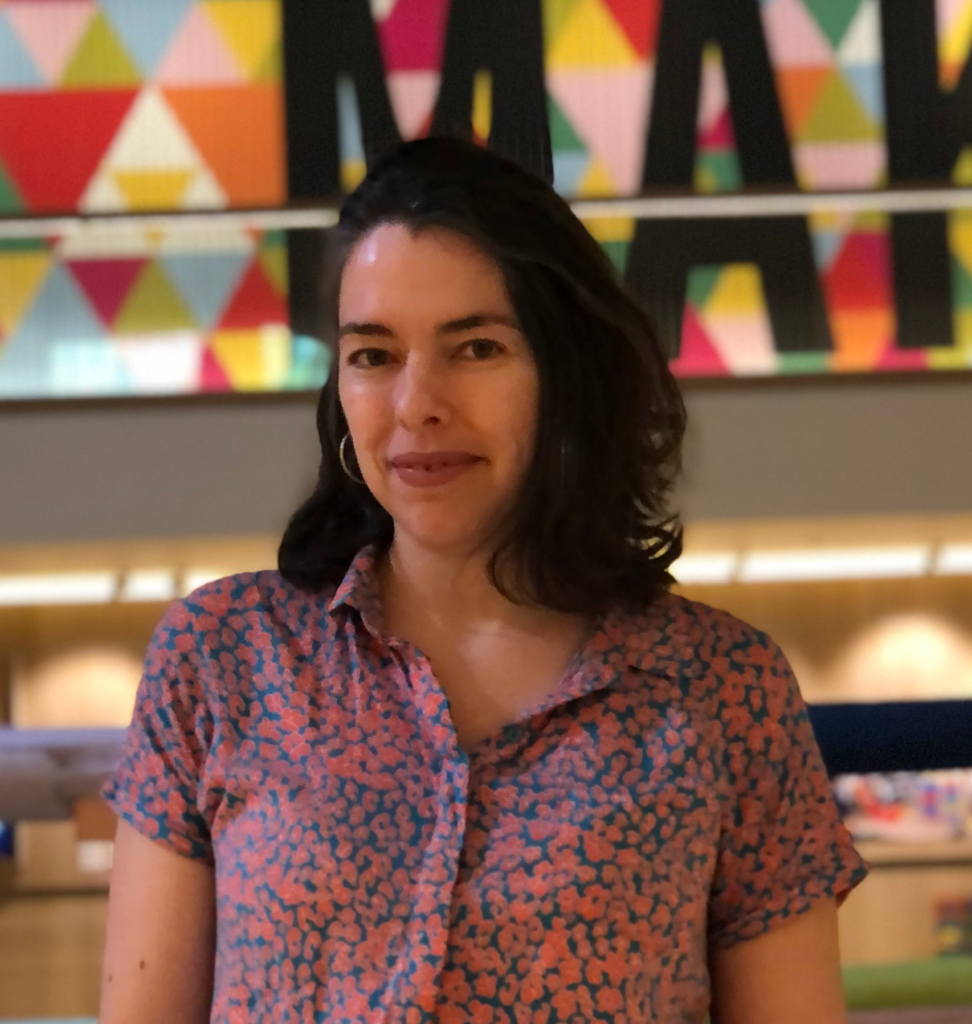
Denise Cadete
PhD student
Research: I investigate the limits of body perception, to identify which bodily properties we can embody, and which we can not. Specifically, I’m interested in the embodiment of extra body parts.
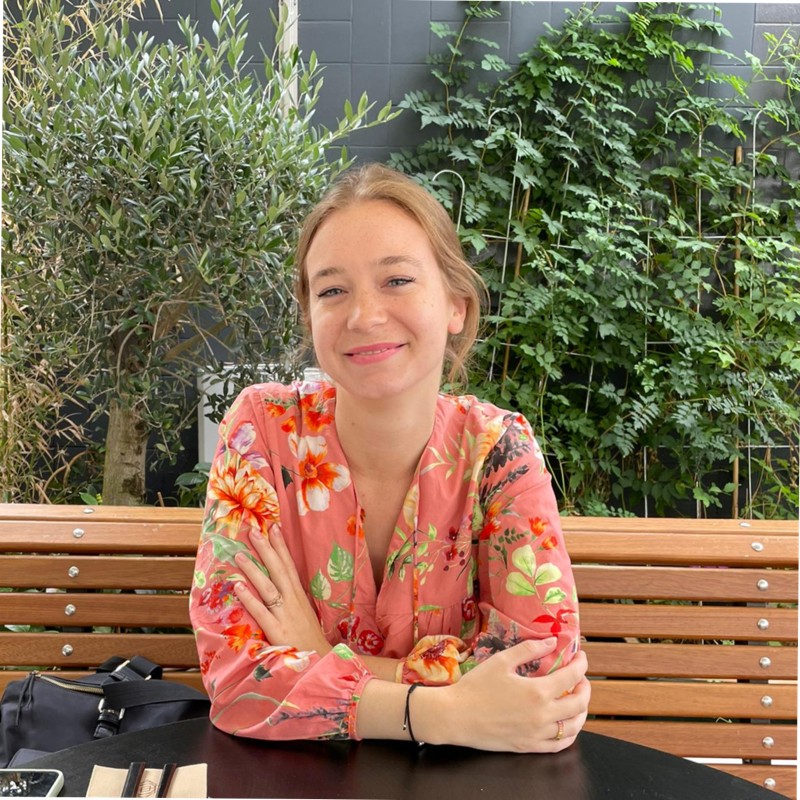
Catho Schoenmaekers
Visiting PhD student from the University of Antwerp.
My research topic includes the effect of prolonged spaceflight on the human brain and vestibular system. In the MERLiN lab I will focus on the perception of verticality and investigate if the visual or vestibular system is more important. In case of spaceflight, it will be important to know how this perception can be affected and if astronauts will be able to judge verticality in space.
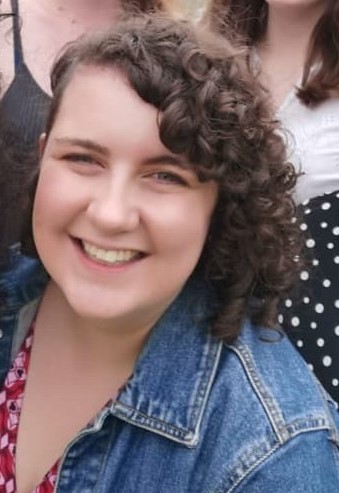
Helen Olawole-Scott
PhD student
In my PhD, I am using a multi-method approach to characterise the cognitive and neural mechanisms that underpin meta-level beliefs about the reliability of our senses

Dorota Styk
PhD Researcher
I investigate an impact of gamified working memory training on cognitive performance. My research involves application of artificial intelligence and machine learning algorithms into cognitive interventions.

Ines Mares
Affiliated researcher
Ines spent the best part of 10years in MERLiN as a PhD student and post-doc. Now an independent researcher, Ines retains a close working relationship with MERLiN and returns regularly to assist in testing of adults and young people.
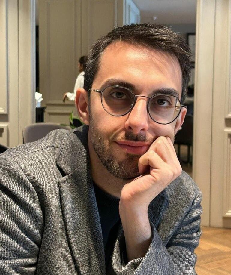
Gianluca Finotti
Lecturer
My research explores how interoceptive signals—internal cues like heartbeat and breathing—shape our sense of self and influence how we perceive, interact with others, and make decisions. I study the interplay between interoception, bodily self-consciousness, and multisensory integration, using methods from experimental psychology and cognitive neuroscience. My work aims to uncover how these processes affect how we represent our body, regulate our emotions, understand others’ behaviours and feelings, and navigate complex decision-making.
